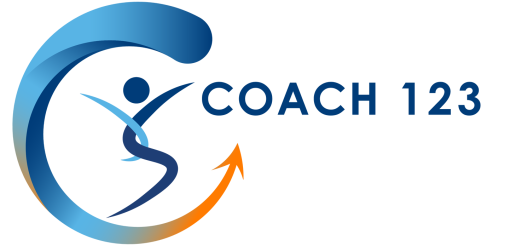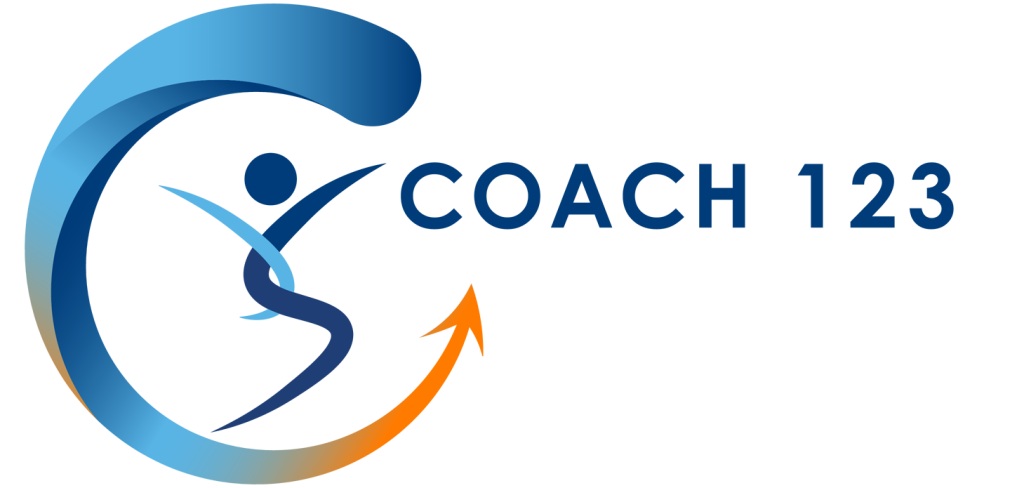Coaching skills make a difference in the real world.
Coaching skills make a difference in the real world.

Coaching skills make a difference in all areas of our lives. Here are a few examples.
- As a Parent: Parents want to guide; they give their children advice. Parents want to pass on wisdom, lessons learned, and more. Then kids get to a place where they really don’t want advice. They prefer to be able to talk, share what’s going on, have their own ideas and opinions, and make their own decisions. Ultimately, they want to figure out their own answer. I’ve become a better parent because of learning coaching because now I know how to ask questions so that my children do find their own answers. And my children much prefer it to the point where sometimes I’ll get the call that says, “okay, instead of being my mom right now, I want you to be my coach.” They literally ask for that because they want to work through something and they want to figure it out themselves.
- As an HR Professional: An HR professional took the coach training program with Center for Coaching Certification and they talked about how they were using the skills they were learning for coaching in their HR meetings to the point where over a couple years, they ended up advancing in their career and getting promoted to be an HR director. They attribute that to the coaching skills they learned. Specifically, be developing coaching skills they were more effective in their HR role.
- On a Board of Directors: A board member was in coach training, and they were talking about all the conflict going on with that board of directors and how people were doing the same work and then fighting over whose version to use. They took their coaching skills into their board meetings, and they used them: the listening, the asking of questions, et cetera. Because of that, they supported the board resolving their conflicts and ensuring that tasks were assigned to different people instead of having everybody do the same thing. It changed the function of that board of directors.
Take a moment and reflect for yourself. Think about the interpersonal interactions you have, the conversations you have with other people. Think about what goes well and what doesn’t go well. Then consider this: when you learn coaching, you learn listening at a whole new level. You learn about words that work for people and words that shut people down. You learn techniques for how to be clear and respectful with everyone, how to be proactive, how to be positive and focus on solutions. Imagine taking those elevated skills into the conversations you have where there are struggles. The more you’re applying the coaching skills in your day-to-day conversations, the easier and the more effective you become and the more positively you’re perceived by others.
Yes, when you learn coaching, you are learning a process and very specific techniques to support clients. The more coaches use coaching skills in everyday interactions, conversations, etc. the more effective they are as a coach. In turn, the more their clients develop skills because of the role modeling.
Coaching is more than a profession. It truly is a way of being. It’s a mindset. It’s an attitude. It’s a way of communicating, a way of listening, and a way of effectively engaging and interacting with other people in a way that supports them, is respectful of everyone, and encourages being positive and proactive moving forward.
For those of you that are coaches, hopefully what you’re thinking about here is how many opportunities you have in your day-to-day life, at work, at home, wherever you are, for incorporating your coaching skills.
For those of you thinking about becoming a coach, it’s something to look forward to as a true value add. In addition to learning people and communication skills, knowing the competencies and how to coach means learning skills that help in your day-to-day life.
For those who have no intention of becoming a coach, instead you simply want to be more effective with other people, a better leader, an effective professional, learning coaching does make sense. It’s a set of skills that serve you in all capacities.











